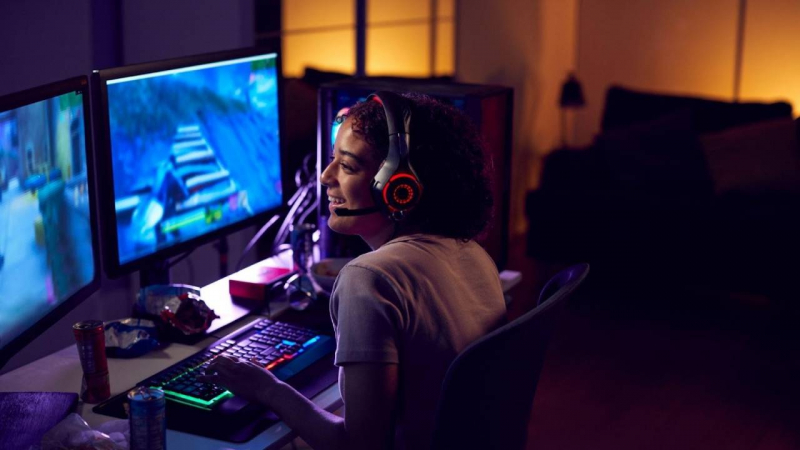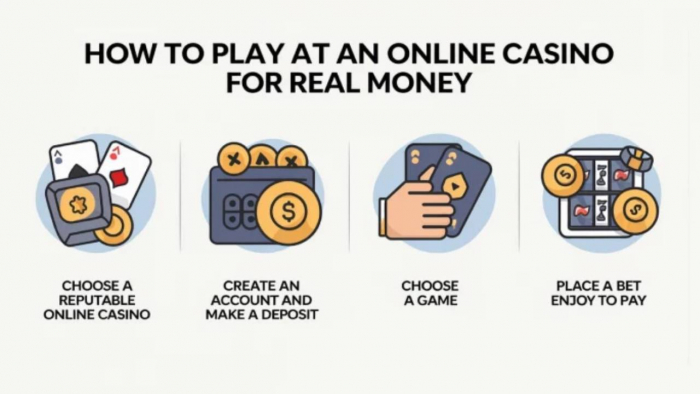Few environments in the world are as vibrant and socially dynamic as online gaming communities, originally seen as a solo or leisure activity, have now gone global. People create friendships, share cultures, and most importantly place human connection at the heart of this global phenomenon. Through the common love for gaming, from casual players to hardcore enthusiasts, millions of people are making friendships that bypass time zones, languages, and borders.
Breaking Borders Through Gameplay
One of the most impressive parts of online gaming is how it brings together people from vastly different places. Multiplayer sites have people from all around the world and let them work together, fight against each other, and talk at the same time. The place isn’t just for making scores or winning games—it’s for having an experience together. It can happen that a young person in Canada will often join a game with an older person in South Korea, or discuss strategy with a player in South Africa.

In this wide social setting, sometimes gaming sites come into others, like for casino games. While mainly made for fun, this also brings players to virtual rooms where they can talk, share advice, and celebrate little victories—which helps with the same feeling of belonging and connection.
Not all cross-cultural interactions are necessarily rooted in gameplay but also extend to the kind of communication and sharing that players engage in, such as references, jokes, and online or real-world relationships. The communication grows into lighthearted basic phrases in another language, “how are you,” inquiries about local traditions, musical or pop cultural references from other countries through players’ characters. These exchanges seem natural: since childhood we are told about pen pals with common interests and online quests.
Building Communities Beyond the Game
Typically, it’s not just the games themselves but the communities tied to them that grow these relationships. Most online games have some embedded organizational forms like clans, guilds, or alliances that help create teams based on common goals or styles of play. These teams are not only units but social spaces where people regularly joke, strategize, and support each other.
Companionship doesn't end when the console powers off. Forums, fan pages, and communication platforms like Discord have turned into an extension of these in-game relationships. Memes are shared, meetups are organized or people talk about life, relationships, and everyday matters. With time usernames turn into real names and avatars are known faces due to video calls or social media. These virtual hangouts eventually become a second home which is very important for people who otherwise find it hard to find a place to belong in real life.
From Teammates to True Friends
There’s something visceral about having to go through a challenge with others — even if it’s just a digital dungeon. Most multiplayer games require players to cooperate, communicate, and trust each other, whether to battle through a high-stakes raid or solve a thorny puzzle – shared struggle often leads to lasting bonds. And it’s that element of collaboration that turns teammates into real friends.
Eventually, these friendships start to look like those built in real life. Players celebrate birthdays together, extend their heartfelt support in times of need, and sometimes even travel all the way to another country to personally meet. Tales of online friends morphing into best friends for life – or even life partners, are not an oddity anymore. It’s just another thread in the tapestry of digital evolution.
The Real-Life Impact of Virtual Friendships
Critics often argue that children spend too much time in front of screens, we shall not forget the social benefits of gaming groups. For many folks who are lonely or have a fear of talking, this is an easy way to greet or meet new people. It’s much easier to talk when you don’t have the weight of speaking face-to-face and this most often turns into more confidence both online and offline.
There ought to be a balance. Gaming is like any other pastime, it should enhance life, not replace it. Some players fall too deep into the virtual and getting back into balance is quite challenging but the vast majority of members find these communities to strengthen, not weaken, their social worlds.
To Finish
Online gaming communities have in fact quickly morphed into some of the internet’s most diverse, inclusive, and supportive social spaces. People unite over shared experiences, open dialogue, and mutual relations from every walk of life to develop friendships that can last years, maybe a lifetime. They laugh together, plan together, mark celebrations together and then console each other in defeat and in so doing, they show us that real human bonding need not always come through nearness; it is an outcome of a common purpose and curiosity.
It starts with playing and ends up becoming much more meaningful. After all, perhaps these online worlds reveal what global connection can truly look like one login at a time.
Post Comment
Be the first to post comment!


